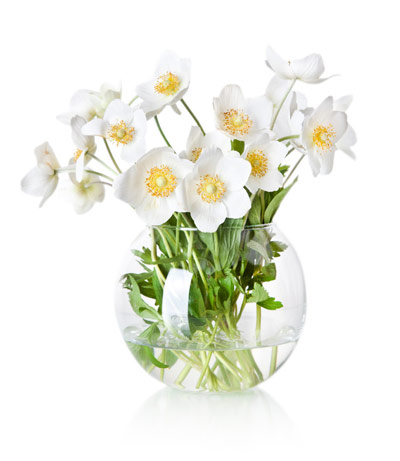| |
 |
|
FAQ
1. How long are the seeds good for?
All of our seed packages have an expiry date imprinted on the back of the package. This date is valid as long as the seeds are stored under the proper conditions. For example, a cool, dry place
such as a basement. Just remember, HEAT AND HUMIDITY ARE A SEED'S WORST ENEMY!
2. If I don't plant all of my seeds the first year I buy them, can I still plant them the following year?
Yes. As long as they as they are stored under the proper conditions
(i.e. a cool dry place).
3. I planted my seeds but they did not grow. Why?
There are many factors that affect seed germination.
Temperature: the single most important factor affecting seed germination is soil temperature. If the soil is not warm enough, seeds will be slow to germinate or not germinate at all. For most varieties, the ideal temperature ranges between 20 and 24 degrees C.
Humidity: making sure the soil is kept moist after sowing is important. However, too much water can cause the seeds to become water-logged and rot or cause funguses to grow that can infect the seeds.
Sunlight: an over abundance of sunlight can cause young seedlings to "burn" and dry up.
Fertilizers: While fertilizers provide the nutrients plants require for healthy growth, newly sprouted seeds can actually be damaged by fertilizers if they are too strong. We recommend fertilizing only after the seedlings are well established, to use a good quality fertilizer and to follow the directions. It is important to remember not to over fertilize.
Pests (insects, rodents, birds): nothing is tastier to some birds as freshly sown seeds. Insects and rodents may also make a meal out of seeds or young seedlings.
Soil conditions: some plants prefer acidic conditions, others a more neutral soil pH. Knowing what conditions are appropriate is important. Soil fungicides may be required early in the spring if your garden is particularly damp and temperatures are cool.
Any combination of the factors mentioned above can contribute to how well or poorly the seeds germinate and your plants grow.
4. Does Berton seeds carry any products that are GMO?
GMO is an acronym that stands for genetically modified organism. None of the seeds we carry are GMO's. Berton Seeds does carry some hybrid varieties of seeds. Hybrids are a product of cross pollination between two or more plants from the same species. By cross pollinating plants certain qualities can be achieved such as disease tolerance, fruit uniformity, seedless fruits, earlier or later maturity and many others.
5. Some packages have a warning on them stating, "Do not use seed for food, feed or oil." What does this mean?
The packages that bare this warning contain seeds that may have been treated with a fungicide. The seeds themselves should not be consumed, however
it is safe to plant them and eat whatever fruit is bared.
|
|